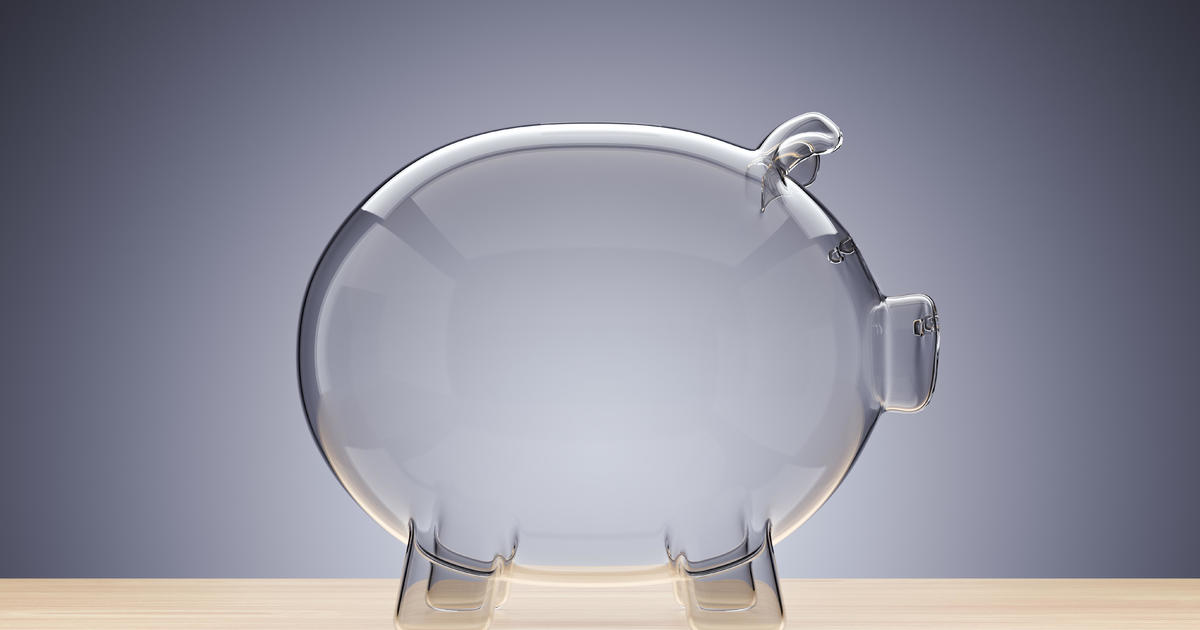Can having attractive parents increase your chances of getting rich?
The offspring of physically attractive parents tend to earn more money over the course of their working lives than kids with regular-looking or unattractive parents, a new study finds.
In other words, good-looking parents are more likely to have wealthier children, researchers state in "The Economic Impact of Heritable Physical Traits: Hot Parents, Rich Kid?" from the National Bureau of Economic Research. More specifically, the children of parents identified as attractive earn $2,300 more per year than those with average-looking parents.
"The purpose was to ask the question, 'How much does my parents' beauty, or lack thereof, contribute to my beauty, and does that feed into how I do economically?'" labor economist Daniel S. Hamermesh, a co-author of the study, told CBS MoneyWatch.
Hamermesh is also the author of the book "Beauty Pays: Why Attractive People Are More Successful."
"Good-looking parents make more money — the effects of looks on money have been shown countless times," Hamermesh added. "Their beauty affects their income, and they pass that income-earning ability down to their kids."
To be sure, and as social scientists themselves acknowledge, physical attractiveness doesn't determine financial destiny, nor guarantee higher pay or professional success in general. The study was also limited by its reliance mostly on mothers' appearance given a general lack of data on fathers' looks.
Meanwhile, gendered and evolving beauty standards complicate the effort to identify possible links between how you look and what you earn. Still, people's perceptions of beauty "tend to be similar despite the old line about beauty being the eye of the beholder," Hamermesh said. "Yes, but we behold it very similarly to each other."
Yet ample research has, in fact, shown at least a correlation between a person's physical traits and, for example, the likelihood to get promoted at work. Relatedly, and as the new study notes, researchers have long documented a link between height and weight and earnings.
"Differences in beauty are just one cause of inequality among adults that arise from partly heritable physical traits," the NBER study states.
A parent's looks can increase a child's earnings both directly and indirectly, Hamermesh and co-author Anwen Zhang, a senior lecturer in economics at the University of Glasgow, write. First, and most simply, being born to attractive parents increases the odds of inheriting good looks, which can help on the professional front. Second, higher-income parents can pass on more wealth to their children.
The study also seeks to pinpoint precisely how much inequality the appearance factor can create. Over the course of a career, it can amount to over $100,000 more in earnings for kids of attractive parents. Again, this isn't an iron law, and is subject to many variables.
"But in general, if you take a pair of parents that are good-looking, their kid is more likely to be more good looking," Hamermesh said. "It's an issue of equality of opportunity."



